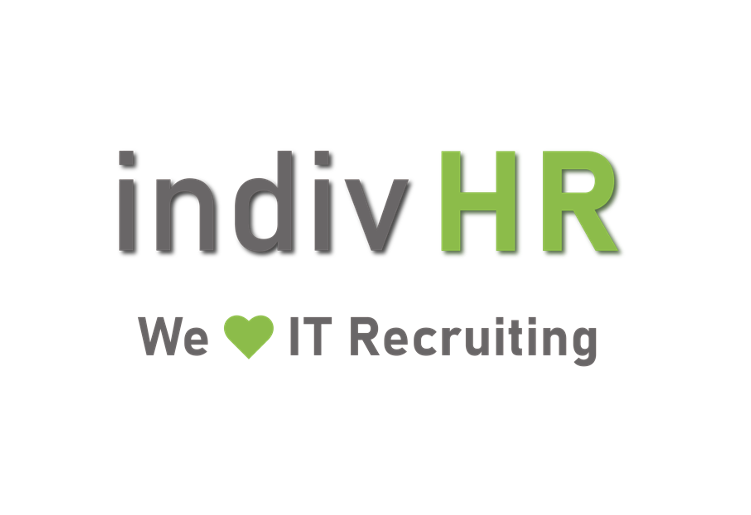In today's working world, employee advocacy plays a decisive role in increasing the attractiveness of a company. Employee advocacy describes the process by which employees act as authentic brand ambassadors for their company in order to convey its values to the outside world. Particularly in IT recruitment, where the demand for qualified specialists often exceeds the supply, it can be a great advantage if committed employees share their positive experiences on social networks. This can make a significant contribution to attracting new talent.
Advantages of employee advocacy in IT recruiting
Employee advocacy offers numerous advantages, especially when addressing IT talent. When current employees share their personal experiences, a credible and authentic image of the company is created. This is particularly important in the IT sector, as potential applicants often attach great importance to the corporate culture and a good work-life balance. The benefits of employee advocacy include
- Increased rangeEmployees have personal networks that often achieve a greater reach than the official company profile. The individual reach of each employee can significantly increase the company's presence.
- AuthenticityContributions from employees are more credible than official marketing messages as they are based on personal experience. This gives applicants a realistic insight into the company, which can have a positive influence on their decision.
- Strengthening the employer brandWhen employees are proud of their company and communicate this to the outside world, the employer brand is strengthened. This attracts applicants who fit in with the corporate culture and are motivated in the long term.
Strategies to promote employee advocacy
For employee advocacy to be successful, you need a clear strategy that goes beyond simply encouraging people to share content. Here are some tried and tested approaches:
- Training and provision of contentEmployees are often unsure about what content they should share or how they can do this professionally. Companies should therefore offer training courses that explain the importance of employee advocacy and show practical examples of how content can be shared successfully.
- Provision of suitable platformsThe company should make it easier for employees to access the right tools and platforms to encourage content sharing. Prepared social media posts or tools that simplify sharing are helpful. However, it is important that employees have the opportunity to customise the content to make it authentic.
- Incentives and recognitionEmployee advocacy should be rewarded. Incentives and recognition within the organisation can make a big difference. These can be small competitions, special mentions or rewards. Employees who are particularly active and achieve a wide reach should be explicitly emphasised in order to motivate others.
- Role model function of the managementManagers should actively act as brand ambassadors themselves to make employees aware of the importance of employee advocacy. When managers actively share content, employees are more likely to follow suit.
The potential of social media in the recruiting process
An important component of employee advocacy is the use of social media. Platforms such as LinkedIn, Twitter and Instagram offer great potential for utilising the reach of employees. These platforms make it possible to reach potential applicants where they are anyway. Employees who share their positive experiences on these platforms can reach a larger target group than the official company profile.
Social media also enables direct interaction with potential applicants. Likes, comments and shared posts create communication that makes the company more tangible and approachable. This not only promotes trust in the brand, but also offers an opportunity to get to know potential applicants better before the actual application process begins.
Ilka Zeiner, Managing Director of indivHR, explains:
"Our experience shows that the authentic contributions of employees strengthen the trust of potential applicants. Employee advocacy is a central component of a recruitment strategy and helps to attract the best IT talent."
How employee advocacy strengthens corporate culture
Employee advocacy not only has a positive impact on recruitment, but also strengthens the internal corporate culture. Employees who are proud of their company and actively communicate this to the outside world identify more strongly with the company's vision and values. This identification leads to greater motivation and commitment, which in turn contributes to employee retention.
When employees have the feeling that they are part of a larger whole, they promote an atmosphere of openness and mutual trust. This has a positive effect on the working atmosphere and teamwork. In addition, new employees can be integrated more quickly thanks to the authentic contributions of existing employees, as they have already gained a good impression of the corporate culture before their first day at work.
Employee advocacy as a competitive advantage
Employee advocacy can also be used as a strategic competitive advantage in the battle for the best talent. In an increasingly competitive labour market, especially in the IT sector, a strong employer brand can make all the difference. Companies that manage to motivate their employees and win them over as authentic brand ambassadors attract talent who are not just interested in a job, but in a long-term professional home.
Employee advocacy therefore goes far beyond a simple marketing tool. It is an opportunity to communicate your own identity as a company to the outside world and create a sense of belonging that goes far beyond the first day at work. The aim is to turn employees into brand ambassadors who talk about their company with conviction and enthusiasm. It is this authentic enthusiasm that makes the difference and attracts the best talent.
Using employee advocacy effectively
Employee advocacy offers significant benefits to IT recruitment organisations, from attracting new talent to strengthening company culture. A well-thought-out strategy that includes training, platform support, incentives and the active involvement of management is crucial to success. Companies that engage their employees as authentic ambassadors not only improve their external image, but also create an inspiring internal working environment.
 +49 89 255551288
+49 89 255551288  +43 664 4161456
+43 664 4161456




